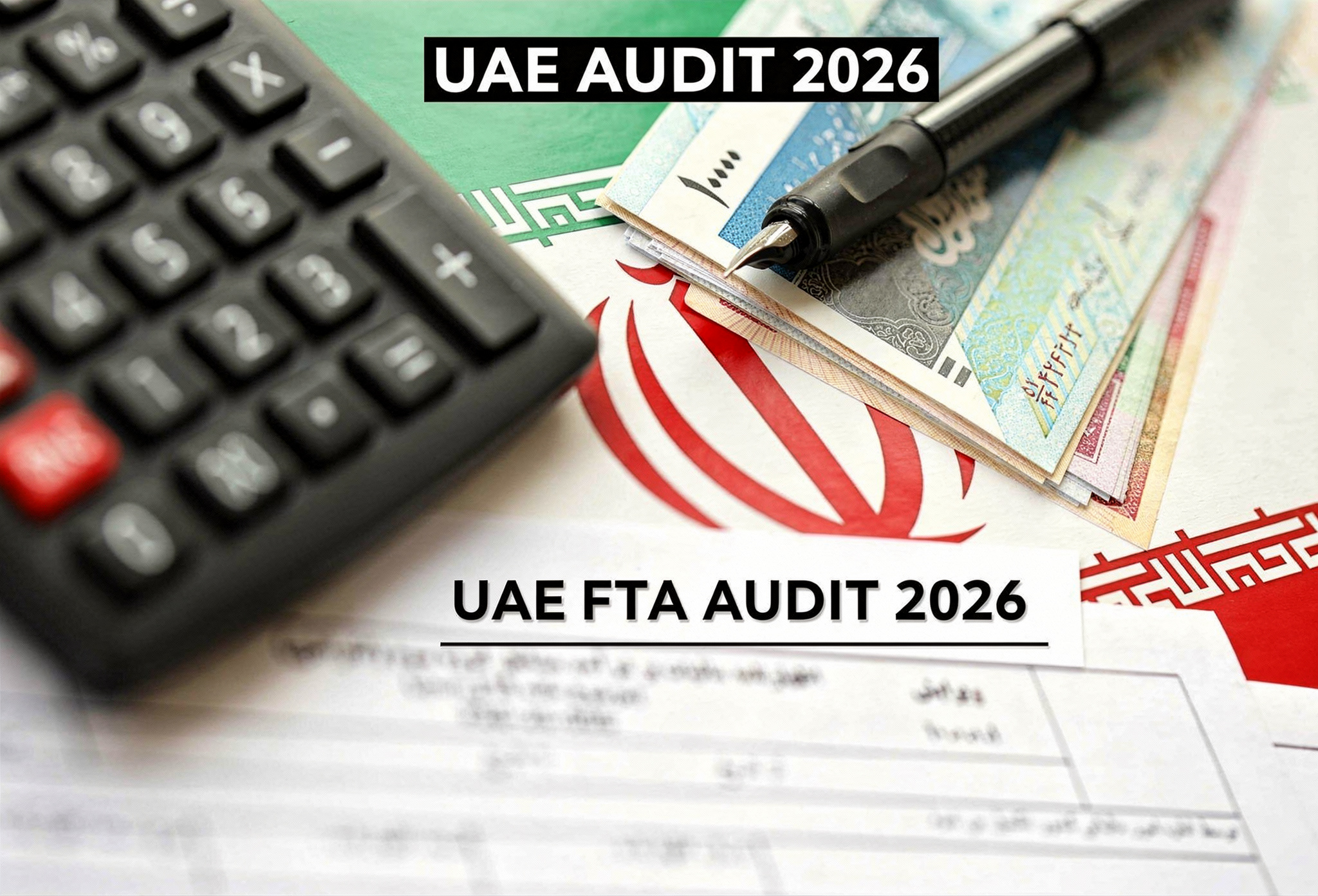In the modern business world, every organization faces risks; without risk there is no growth or reward. Risk management is the process of recognizing risks in advance and includes analyzing and taking precautionary steps to reduce the risk. In the financial world, risk management involves identifying and analyzing the risks in financial instruments before any investment decision.
Risk assessment is a part of risk management process that helps in identifying, analyzing the risk factors and determining the appropriate solution to eliminate or avoid the hazard caused by the risk factors. It is a continuous study of your organization to recognize those things, processes or situations that may cause harm to the working of your business.
Need for Risk Management in Dubai, UAE
Dubai is now considered as an international business hub and has created a milestone in the environment of business. In the recent years, the number of incorporations in the Emirate is increasing due to the plentiful offers and opportunities provided by the government. Investors are looking forward to setting up their business in the region to reap all the advantages available to them. The more the competition increases, more are the risks which are faced by a comapny. So, it is equally important to adopt risk management practices in an organization to retain the performance and efficiency of your firm. In a fast-growing economy like Dubai, risk management will be beneficial in the following ways:
Advantages of Risk Management
- Risk management helps in identifying and analyzing any potential business risk
- It enhances the reputation of a firm
- It saves time and cost of the organization
- Risk management plan acts as a credit tool
- Risk management protects the company’s resources
- The risk register can be used for future reference
Risk Management Process
- Identify the Risk
The first step in the risk management process is to recognize the risk. This requires a thorough study of your organization and discussion with the staff. It is necessary to look for the risks which harm the business activity and goodwill of the company.
- Analyze the Risk
Once you identify the risks, you must determine the consequences of each risk. In this stage, you try to understand the nature of the risk. You also try to determine its effect on the objectives and goals of the company.
- Rank or Evaluate the Risk
In this step, you look for the magnitude of the risk and triage it accordingly. These risk rankings help in identifying the seriousness of risks and it gives a brief idea on which risk should be given priority.
- Treat the Risk
This is a risk response planning step where you assess and set out a plan to modify your highest ranked risk. You use risk preventive plans, risk mitigation strategies, and contingency plans to achieve acceptable risk levels.
- Monitor and Review Risk
In this step, you will monitor and control to avoid the risk in the future. The present risk is continually monitored and analysed so that the best possible solution of the problem can be found by the management.





